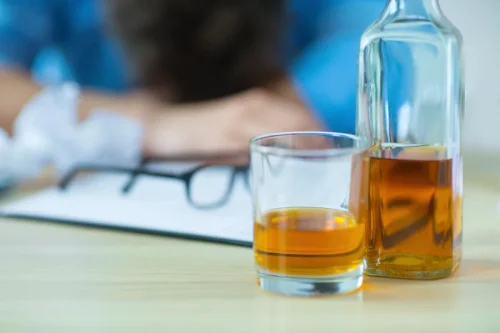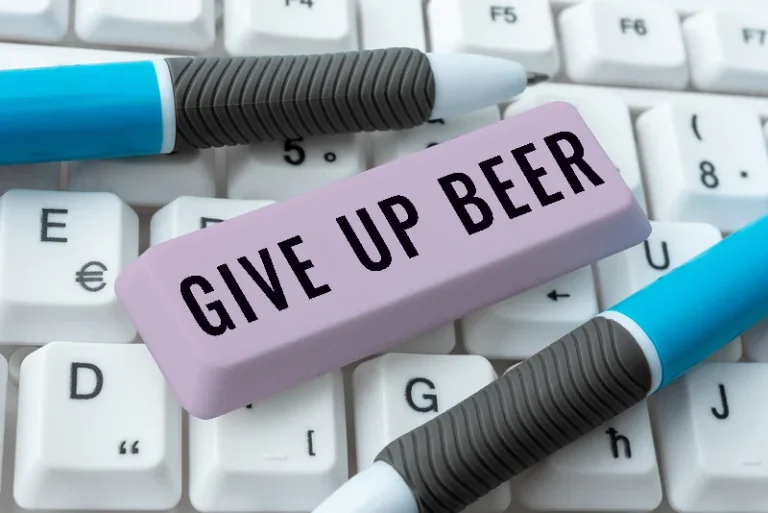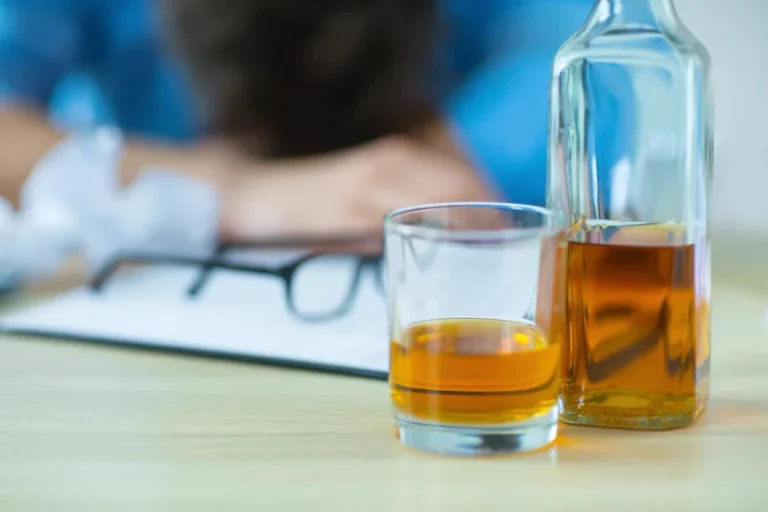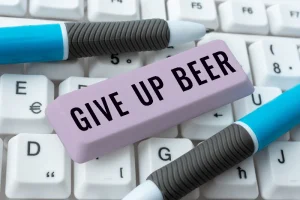
For example, you might decide that you will exercise instead of sitting on the sofa while watching television. Tell members to report if they followed through at the next meeting. It’s important to have moments of levity during addiction recovery to help build camaraderie and enthusiasm, and playing charades can provide some. Group discussions can help people come up with or expand upon goals they want to achieve during recovery, such as getting to a sobriety milestone or landing a new job. Learning to be present and mindful is a vital part of the recovery process.
Exercise and Physical Activity
Then write about or discuss how group activities for addiction recovery these emotions might serve you, such as the way your depression forces you to slow down and rest when you’re overwhelmed. Then write about or discuss ways you can serve the same purpose in a more positive way, such as allowing yourself regular sessions of peaceful self-care to stave off overwhelm. Pass out pieces of paper with drawings of a large bottle on them, and two lines are drawn across the bottle to create three different layers inside.

Positive Affirmations

This activity encourages members to celebrate even minor milestones, helping them recognize progress and reinforcing a sense of accomplishment. This session offers guidance on budgeting, saving, and managing finances, providing members with practical tools to reduce financial stress and improve stability. Vision boards offer a creative way for members to visualize their goals and dreams. This activity involves crafting boards with images and words representing their future aspirations, helping to reinforce their commitment to a purposeful, substance-free life. Acknowledging past successes unrelated to addiction can boost self-esteem.
Top Substance Abuse Risk Factors: Uncovering Hidden Triggers
Engaging in physical challenges together helps build trust and camaraderie among group members. Overcoming obstacles as a team reinforces the idea that they can rely on each other for support. In a group setting, mindfulness and meditation can create a shared sense of peace and focus.
Identifying core values can serve as a strong foundation for recovery. In this activity, members discuss the values most important to them, such as honesty, compassion, or resilience, and consider how these values can guide their choices and goals in recovery. Creating stress balls offers a hands-on way for members to make their own calming tools. Filling balloons with sand or rice, members can carry these stress balls as reminders of their ability to manage anxiety and stress without relying on substances. This game is great for mindfulness and can be done with a chocolate chip or any other small food item. Have each person hold the chocolate chip in their hands and go through their senses as a group.

The Role of Humor in Recovery
- Many people feel nervous about sharing personal feelings in a group, but by practicing in therapy, you can get more comfortable expressing yourself.
- For example, if you lack a stable and safe living situation, then finding a sober living facility will be an important component of your plan.
- This process not only helps the individual understand their experiences better but also fosters empathy and connection within the group, as others may relate to similar struggles.
The rest of the group comments on the accuracy of their assessment and gives advice. In group therapy, the group works together to encourage each other to stay on track with goals, whether they’re related to mental health, relationships, or recovery. Knowing that other people are there to support you and hold you accountable can be a strong motivator. It’s a reminder that you’re not just doing this for yourself but also working with others who want to see you succeed. Recovering from addiction isn’t easy, and finding the right encouragement can make all the difference.
For those who prefer a more intensive approach, therapy camps for adults offer immersive experiences that can jumpstart the recovery process. Guided meditation sessions are a staple in many recovery programs, and for good reason. They provide a structured way for participants to practice being present in the moment, rather than getting caught up in regrets about the past or anxiety about the future. These sessions can range from short, simple breathing exercises to longer, more involved visualizations. In the chaotic world of recovery, finding moments of calm can feel like searching for a needle in a haystack.

Well, imagine a garden where each plant supports and nourishes the others. Participants learn from each other’s experiences, challenge each other’s negative thinking patterns, and celebrate each other’s victories. This collective growth mindset can be incredibly powerful, often accelerating the recovery process in ways that surprise even the most seasoned therapists. Role-playing offers a safe space for group therapy participants to confront their fears and negative thoughts.
